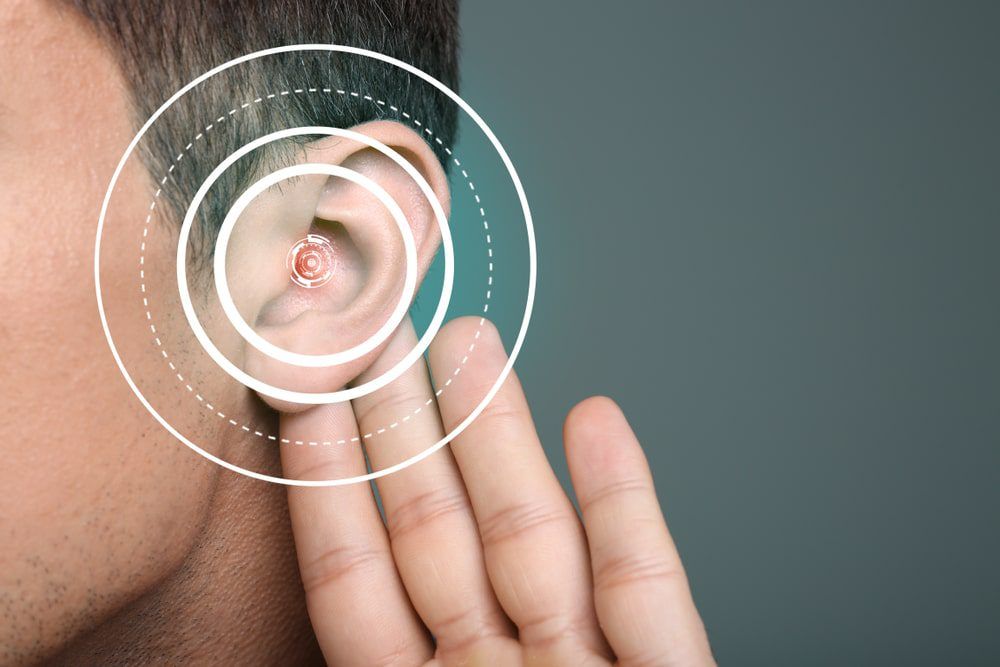Your brain is your most valuable asset. It controls everything you do, and it’s important to take care of it by making healthy choices. Unfortunately, many people make habits that can hurt their brain. In this blog post, we will discuss some of the most common bad habits and how they can damage your brain. We’ll also provide tips on how to break these unhealthy habits and protect your health!
Habit #1: Not Sleeping Enough
Not sleeping enough is one of the worst things you can do for your brain. When you don’t get enough sleep, your brain doesn’t have a chance to rest and recover from the day. This can lead to serious problems like cognitive decline, memory loss, and mood swings. In fact, some studies suggest that a lack of sleep can increase the risk of dementia. If you want to protect your brain, make sure you’re consistently getting at least seven hours of sleep every night. It is also important to have any sleep disorders addressed, such as sleep apnea.
Habit #2: Smoking
Smoking is another horrible habit. It is one of the worst things you can do for your overall health, and that includes your brain health as well. Smoking damages blood vessels and causes chronic inflammation, which can lead to stroke and cognitive decline. People who smoke are also twice as likely to develop dementia. If you smoke, quitting is the best thing you can do for your brain (and your body).
Habit #3: Spending Too Much Time Alone

While we all crave alone time every now and then, socialization is important to your brain’s health. Spending too much time alone can be just as bad for your brain as not sleeping enough. When you’re constantly around other people, your brain gets stimulation from social interaction. But when you’re by yourself all the time, your brain doesn’t get that same stimulation. This can lead to depression, anxiety, and even dementia. If you want to keep your brain healthy, make sure you’re spending time with friends and family regularly.
Habit #4: Being Too Stationary
Another habit that can damage your brain is not moving around enough. If you have a sedentary lifestyle, it’s time to make a change. Being too stationary can lead to all sorts of health problems, including obesity, heart disease, and diabetes. And all of these health problems can damage your brain and increase the risk of developing dementia. If you want to keep your brain healthy, make sure you’re getting regular exercise. Even just walking for a half hour three times a week is enough.
Habit #5: Overeating
Overeating is another habit that can hurt your brain, even if you are eating healthy. Overeating has been associated with problems like memory loss and cognitive decline in older adults. However, the exact relationship between overeating and mental decline is still being researched to learn more. If you want to protect your brain, make sure you’re eating a healthy diet and practicing quantity control.
Habit #6: Eating Too Much Junk Food
Just as overeating in general can hurt your brain, eating too much junk food can also be detrimental. Junk food is bad for your health, and that includes your brain. Believe it or not, people who consume higher amounts of fries, potato chips, hamburgers, and soft drinks have smaller parts of the brain associated with learning, memory, and mental health. Junk food is also loaded with sugar and calories, which can lead to obesity and diabetes. And as we mentioned before, these health problems can damage your brain. If you want to protect your brain, make sure you’re eating a healthy diet with minimal junk food.
Habit #7: Blasting Your Headphones

Listening to music is a great way to relax and unwind. But if you blast your headphones, you could be damaging your hearing. Even as little as 30 minutes can cause hearing damage. And once you damage your hearing, it’s permanent. While hearing loss is a problem of its own, people with hearing loss are also more likely to develop Alzheimer’s disease. Some researchers postulate that this is because the brain works too hard on hearing that it is unable to also store memories of what is being heard. Therefore, if you want to keep your brain healthy, make sure you’re listening to music at a safe volume and for no more than a couple of hours at a time.
Habit #8: Spending Too Much Time in the Dark
If you spend too much time in the dark, your brain doesn’t get enough exposure to sunlight. This can lead to problems like seasonal affective disorder and depression. If you want to keep your brain healthy, make sure you’re getting plenty of sunlight every day. Open those shades every now and then, and be sure to get outside from time to time.
Habit #9: Negative Thinking
Negative thinking is a habit that can damage your brain. When you’re constantly stressed and anxious, it takes a toll on your mental health. This can lead to problems like depression, anxiety, and even dementia. In fact, some research shows that people who dwell on the negative have more amyloid and tau deposits in their brain. These deposits are a key indicator of Alzheimer’s disease. Luckily, this is a relatively easy habit to change. If you want to keep your brain healthy, make sure you’re thinking positive thoughts. In some cases, seeing a mental health provider may be beneficial if you are unable to change your thought process on your own.
Habit #10: Ignoring Your Health Issues
If you have a health problem, it’s important to see a doctor and get treatment. Ignoring your health issues can lead to serious problems down the road, including brain damage. For example, people who have untreated hypertension are more likely to develop dementia. Untreated depression and diabetes can also be harmful to your brain. If you want to keep your brain healthy, make sure you’re seeing a doctor for all of your health concerns.
These are just a few of the habits that can hurt your brain. If you want to keep your brain healthy, make sure you’re aware of these habits and avoid them as much as possible. Remember, your brain is a delicate organ, and it needs to be treated with care. Your brain will thank you for it.

Dr. Kashouty, a diplomate of the American Board of Psychiatry and Neurology (ABPN), practices general neurology with fellowship trained specialization in clinical neurophysiology. Dr. Kashouty finds the form and function of the nerves and muscles the most interesting part of neurology, which is what led him to specialize in neurophysiology with more emphasis on neuromuscular conditions. He treats all neurological diseases, but his main focus is to treat and manage headaches, movement disorders and neuromuscular diseases.




